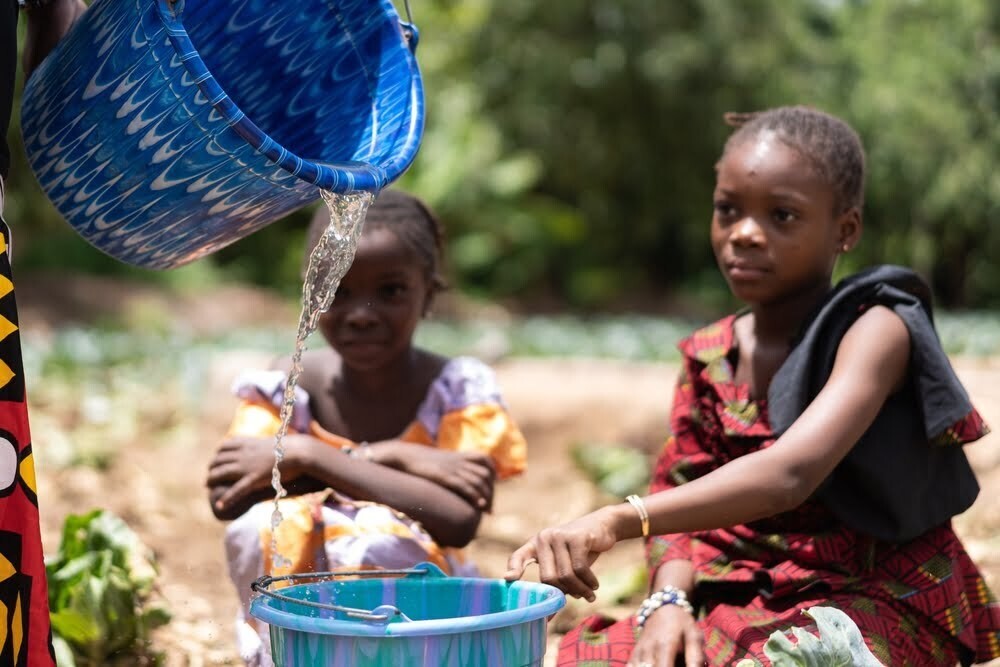

Globally, more than 2 billion people lack access to safe, uncontaminated drinking water*, with 418 million of them living in African nations**. This issue is particularly severe in rural areas, where rivers, lakes, and hand-dug wells serve as the primary water sources, often contaminated by harmful pathogens. The contamination stems from inadequate sanitation facilities, open defecation, and agricultural runoff, leading to devastating consequences.

Waterborne diseases like cholera, typhoid, and diarrhoea claim hundreds of thousands of lives in Africa each year, with children being especially at risk due to their developing immune systems. This vicious cycle of waterborne illness not only endangers health but also entrenches poverty, as sick children miss school and adults are unable to work, stalling economic progress.
Most conventional water treatment methods, such as boiling or chlorination, are insufficient to deal with these issues. They can be time-consuming, require fuel or chemicals, and may alter the taste of the water, discouraging people from using them consistently. While filtration systems are effective, they are often expensive and require regular maintenance, making them inaccessible to many rural communities.
Responses








